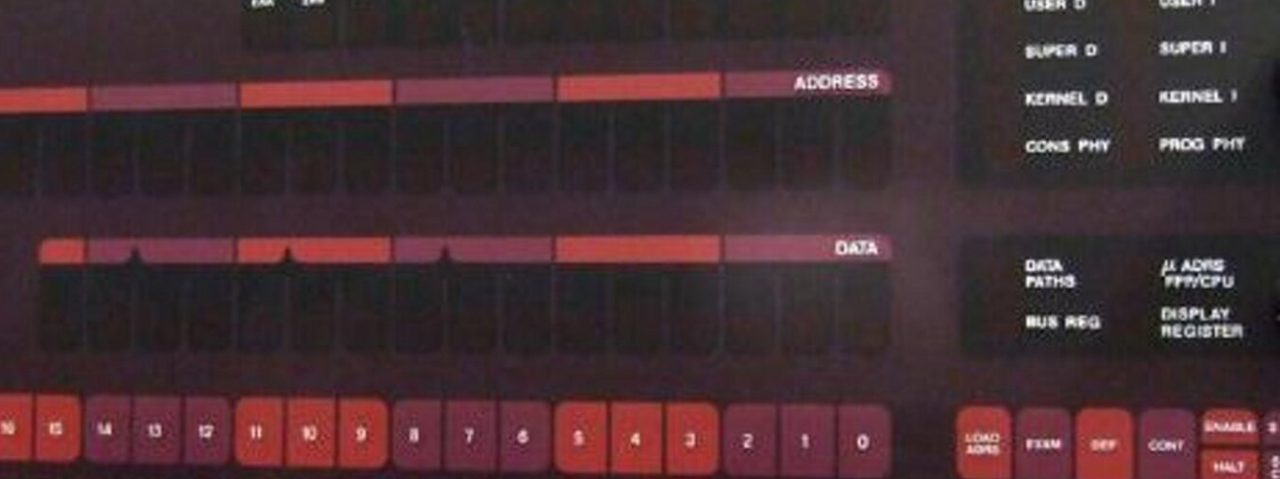Today at $WORK I needed to add the private company Certificate Authority (CA) to Firefox, and I found the steps were unnecessarily complex. Time to blog about that, and I also made a Debian wiki article of that post, so that future generations can update the information, when Firefox 742 is released on Debian 17.
The cacert certificate authority is not included in Debian and Firefox, and is thus a good example of adding a private CA. Note that this does not mean I specifically endorse that CA.
- Test that SSL connections to a site signed by the private CA is failing
$ gnutls-cli wiki.cacert.org:443
...
- Status: The certificate is NOT trusted. The certificate issuer is unknown.
*** PKI verification of server certificate failed...
*** Fatal error: Error in the certificate.
- Download the private CA
$ wget http://www.cacert.org/certs/root_X0F.crt
- test that a connection works with the private CA
$ gnutls-cli --x509cafile root_X0F.crt wiki.cacert.org:443
...
- Status: The certificate is trusted.
- Description: (TLS1.2-X.509)-(ECDHE-SECP256R1)-(RSA-SHA256)-(AES-256-GCM)
- Session ID: 37:56:7A:89:EA:5F:13:E8:67:E4:07:94:4B:52:23:63:1E:54:31:69:5D:70:17:3C:D0:A4:80:B0:3A:E5:22:B3
- Options: safe renegotiation,
- Handshake was completed
...
- add the private CA to the Debian trust store located in
/etc/ssl/certs/ca-certificates.crt
$ sudo cp root_X0F.crt /usr/local/share/ca-certificates/cacert-org-root-ca.crt
$ sudo update-ca-certificates --verbose
...
Adding debian:cacert-org-root-ca.pem
...
- verify that we can connect without passing the private CA on the command line
$ gnutls-cli wiki.cacert.org:443
...
- Status: The certificate is trusted.
-
At that point most applications are able to connect to systems with a certificate signed by the private CA (curl, Gnome builtin Browser …). However Firefox is using its own trust store and will still display a security error if connecting to https://wiki.cacert.org. To make Firefox trust the Debian trust store, we need to add a so called
security device, in fact an extra library wrapping the Debian trust store. The library will wrap the Debian trust store in the PKCS#11 industry format that Firefox supports. -
install the pkcs#11 wrapping library and command line tools
$ sudo apt install p11-kit p11-kit-modules
- verify that the private CA is accessible via PKCS#11
$ trust list | grep --context 2 'CA Cert'
pkcs11:id=%16%B5%32%1B%D4%C7%F3%E0%E6%8E%F3%BD%D2%B0%3A%EE%B2%39%18%D1;type=cert
type: certificate
label: CA Cert Signing Authority
trust: anchor
category: authority
- now we need to add a new security device in Firefox pointing to the pkcs11 trust store. The pkcs11 trust store is located in
/usr/lib/x86_64-linux-gnu/pkcs11/p11-kit-trust.so
$ dpkg --listfiles p11-kit-modules | grep trust
/usr/lib/x86_64-linux-gnu/pkcs11/p11-kit-trust.so
-
in Firefox (tested in version 115 esr), go to Settings -> Privacy & Security -> Security -> Security Devices.
Then click “Load”, in the popup window use “My local trust” as a module name, and/usr/lib/x86_64-linux-gnu/pkcs11/p11-kit-trust.soas a module filename. After adding the module, you should see it in the list of Security Devices, having/etc/ssl/certs/ca-certificates.crtas a description. -
now restart Firefox and you should be able to browse https://wiki.cacert.org without security errors
